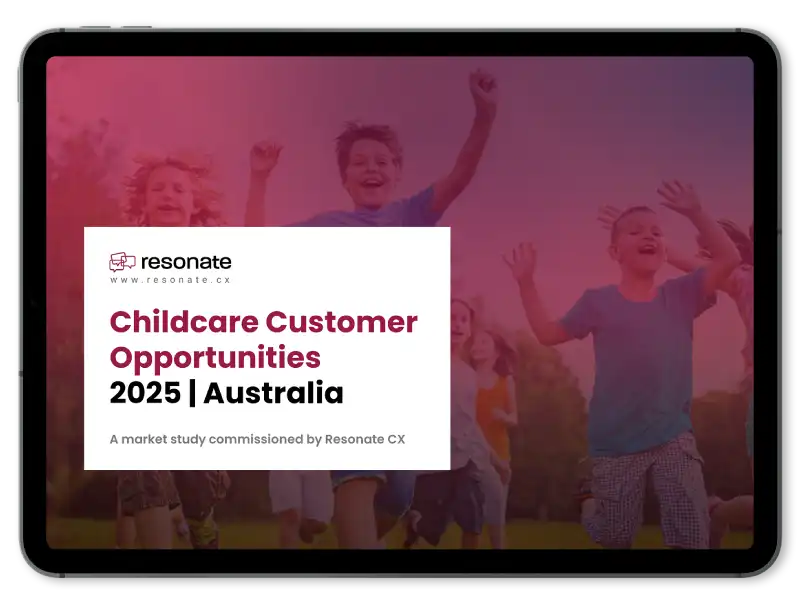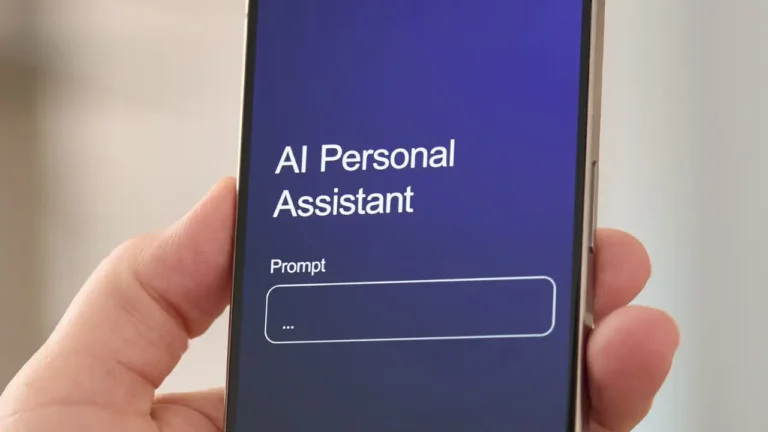TLDR:
- Online reputation is a “digital front door” for a business, heavily influenced by customer experience. Every interaction, from initial search to social media posts, contributes to the overall digital narrative that shapes the decisions of potential customers.
- Customer reviews and ratings have a direct and powerful impact on a company’s reputation. A significant majority of customers will avoid a business if its ratings are below four stars, highlighting the importance of positive feedback.
- Social media acts as a multiplier for customer experiences, amplifying both positive and negative word-of-mouth. While good experiences can lead to valuable advocacy, a single negative experience can go viral and cause significant reputational damage.
- Proactively providing great customer service is key to building a positive online reputation. The article suggests that businesses should focus on creating consistently positive experiences rather than just reacting to negative feedback as it arises.
- To strengthen reputation, businesses should focus on elements like personalization, speed, and empowering frontline employees. These actions can turn potentially negative interactions into positive, memorable stories that customers are likely to share.
Every interaction a customer has with your business leaves a trace. From the moment they type your name into a search engine to the first post they make about you on social media, each touchpoint builds a narrative about who you are. That story becomes the first thing potential customers see when deciding whether to check out what you offer.
Online reputation is essentially your digital front door. It’s the perception shaped not by what you say about your brand, but by what your customers experience and share. Reviews, ratings, testimonials, and even casual mentions all combine into a public scorecard of trust and credibility.
The key link here is undeniable: customer experience is the fuel that drives online reputation. A positive experience can turn a one-time buyer into a vocal advocate. A negative one, on the other hand, can travel just as quickly and sometimes further. For businesses competing in crowded markets, reputation is no longer simply influenced by customer experience; the two are indivisible.
The Direct Link: Reviews, Ratings, and Star Power
Think about the last time you looked up a business on Yelp or Google. Chances are, the star rating played a big role in whether you clicked through. You’re not alone. Recent research shows up to 90% of customers draw the line at four-star ratings and skip over businesses that fall below that threshold.
Reviews and ratings have become the most visible shorthand for customer experience. A glowing five-star review instantly signals reliability, while a string of negative comments can send years of careful branding efforts tumbling down in just a few days. It’s the clearest example of “social proof” in action: customers trust what others say about you more than anything you claim yourself.
Reviews act as a deciding factor for prospective buyers. For your business, they’re a running scorecard of how well you deliver on your promise of customer experience. In short, what customers write today can determine who buys from you tomorrow.
The Multiplier Effect: Social Media and Word-of-Mouth
A single tweet, TikTok, or LinkedIn post can do more to shape perception than any official campaign. Customers who’ve had a great experience are often eager to share it and amplify your brand through authentic word-of-mouth. That kind of unpaid advocacy is marketing gold.
The flip side is harder to manage. A frustrated customer with a viral post can cause reputational headaches that spread far beyond the original interaction. Negative experiences tend to travel further than positive ones, and research shows people are up to 50% more likely to share a bad story with friends and colleagues than a good one.
When your customers have a negative interaction with your business, your response matters just as much as the experience itself. A prompt, professional reply to a social media complaint can soften the impact or even win the customer back. Silence or defensiveness, on the other hand, leaves a poor impression that lingers long after the initial issue is resolved.
The Proactive Approach: Building a Positive Reputation
Relying only on damage control is a risky strategy. Businesses that consistently deliver great customer experiences tend to enjoy stronger reputations because they don’t just react to problems. Instead, they set the bar high from the start. The principle of prevention being better than cure works the same way here as it does in the healthcare sphere. Instead of waiting to remedy your customers’ bad experiences with your business, aim to provide them with standout experiences from the start. The positive feedback will flow organically from there.
Don’t underestimate the impact personalisation can have here. Customers are more likely to reward you with their loyalty if they feel like your interactions with them are tailored to their needs rather than mass-produced. Speed also matters. Quick, seamless service signals respect for the customer’s time.
Don’t underestimate how much good empowering your team can do. Frontline employees who have the tools and authority to solve problems can turn what might have been a negative encounter into a positive story worth sharing. Well-known companies like Zappos and Publix have built reputations on exactly this kind of proactive service culture.
Tools like Resonate CX’s Social Suite make it easier to put those choices into practice. The tool is designed to help businesses manage reviews across multiple platforms, amplify positive feedback, and close the loop on issues quickly, so that businesses can turn proactive service into visible proof of reliability. It’s one more way to ensure that every interaction contributes to a reputation worth protecting.
Conclusion: The Indivisible Link
Online reputation is never built in isolation. It’s the echo of every experience your customers have with you. Positive interactions create trust and loyalty that show up in reviews, ratings, and social chatter. Negative ones leave just as strong a mark, often with longer-lasting consequences.
That’s why businesses can’t treat customer experience and reputation as separate issues. They’re more inextricable than ever. And with solutions like those we provide at Resonate CX, you can capture feedback at every touchpoint, analyse it in real time, and act on it quickly to protect and strengthen your digital presence.
If you want your reputation to reflect the very best of your business, start by shaping experiences that earn it. Talk to Resonate CX today and see how customer insights can become your most valuable asset.









